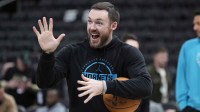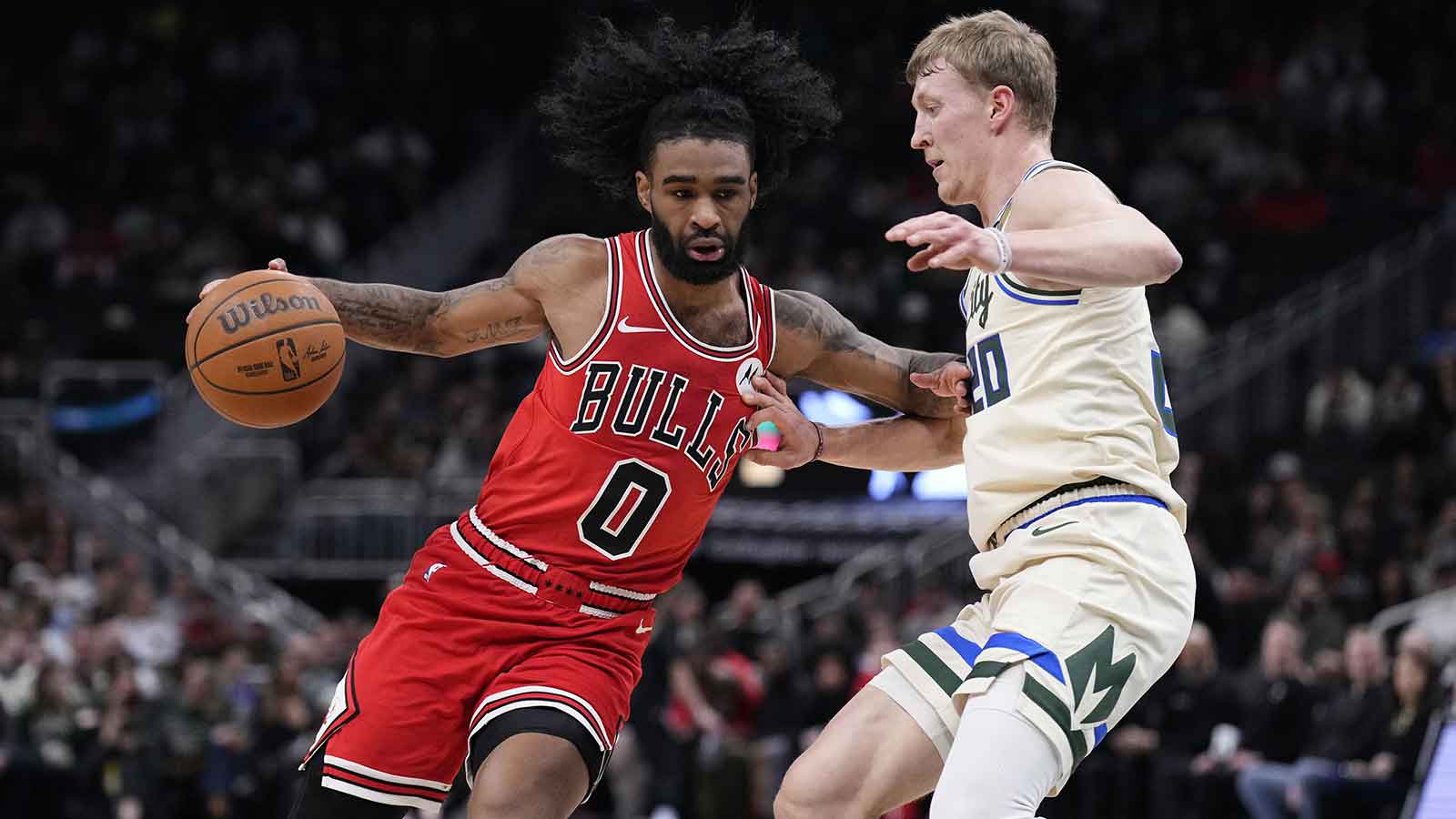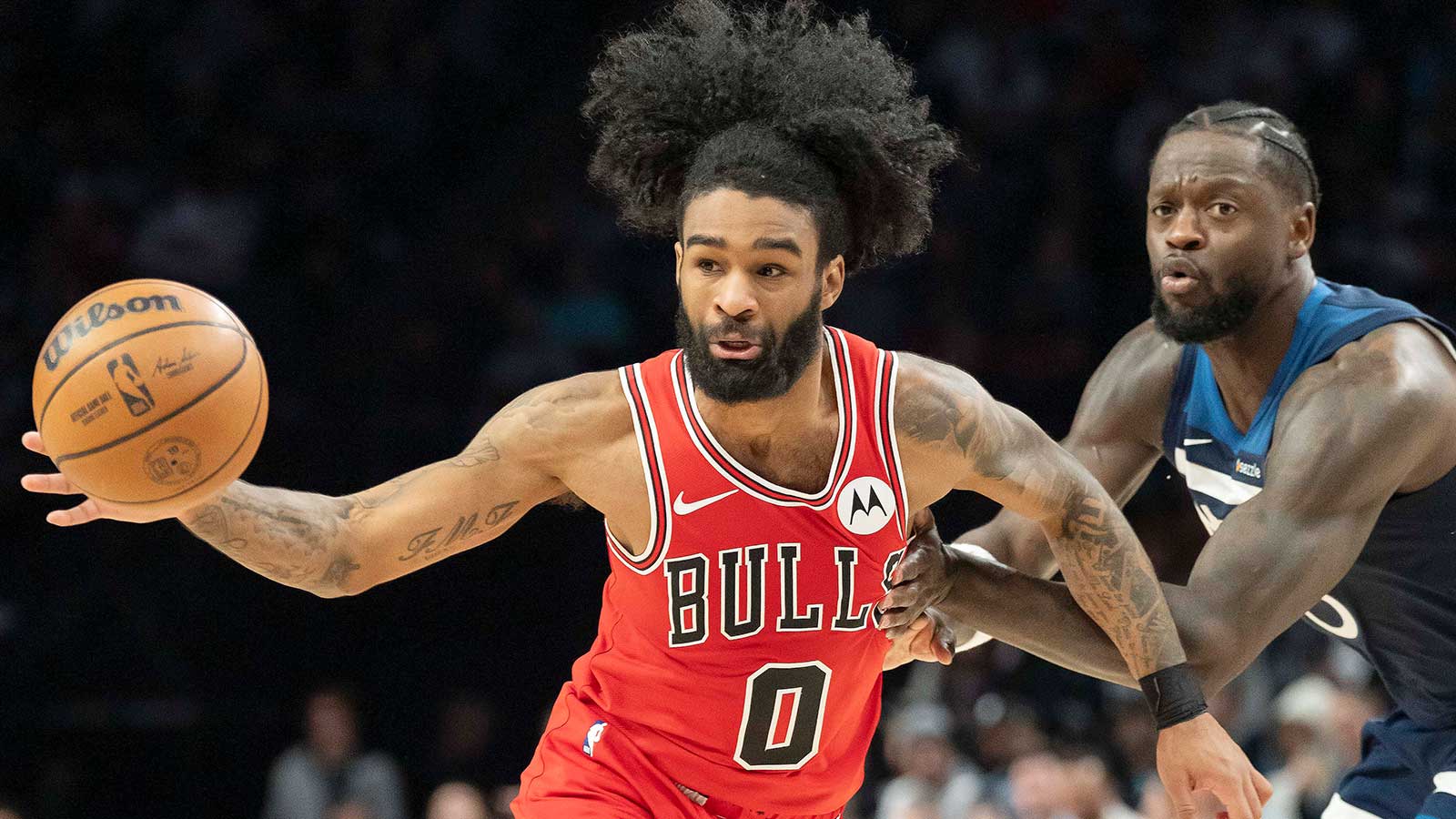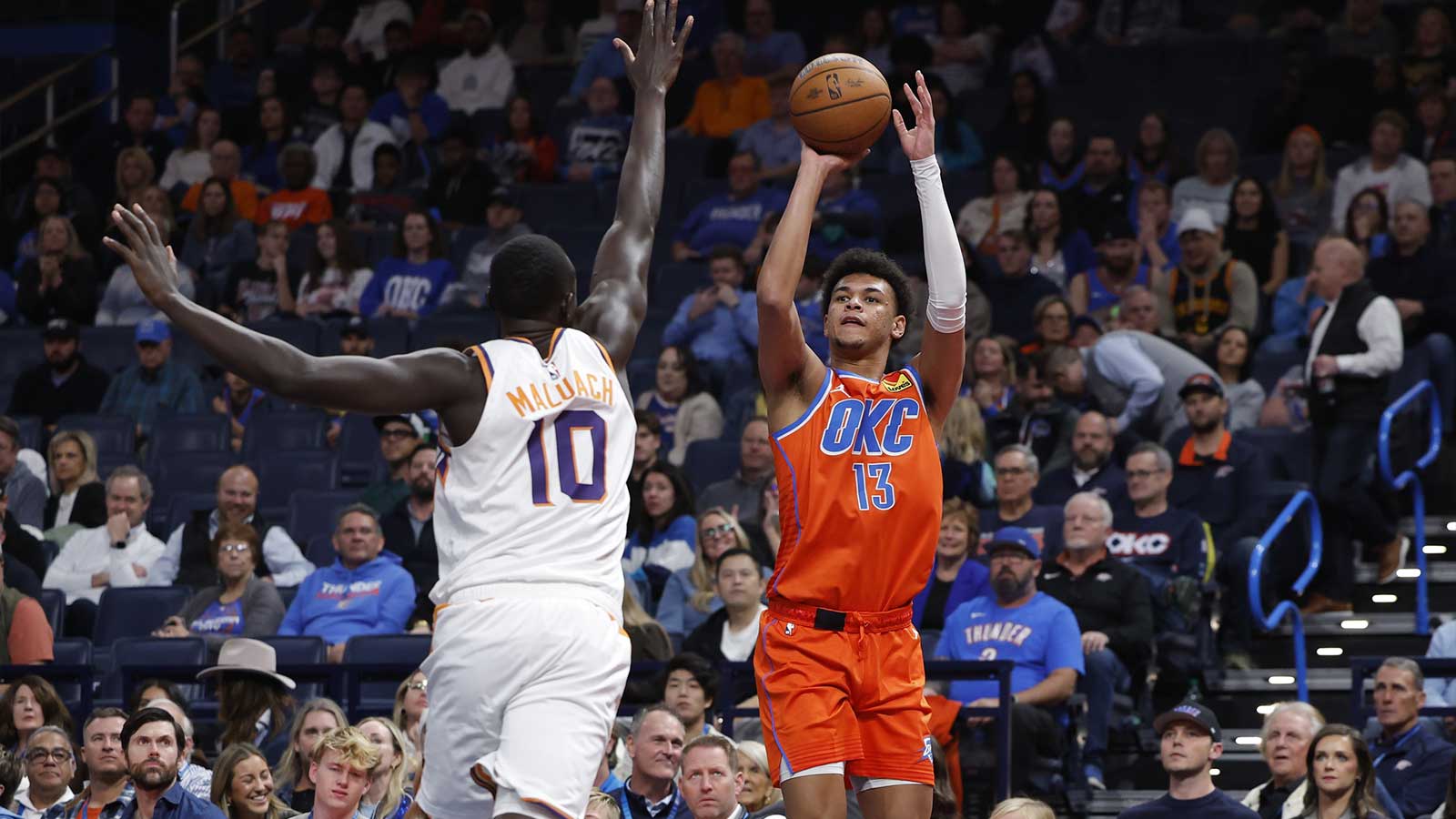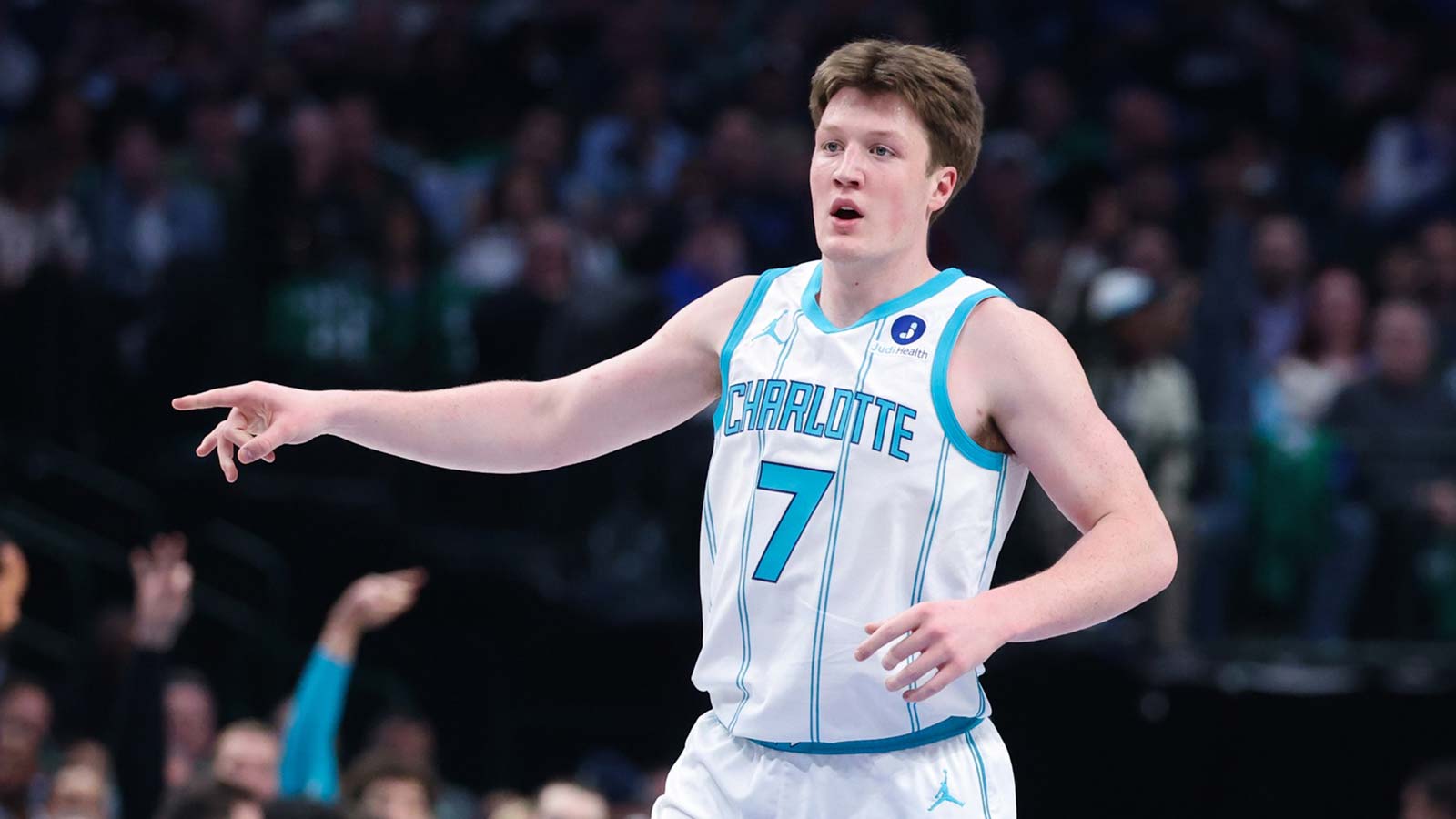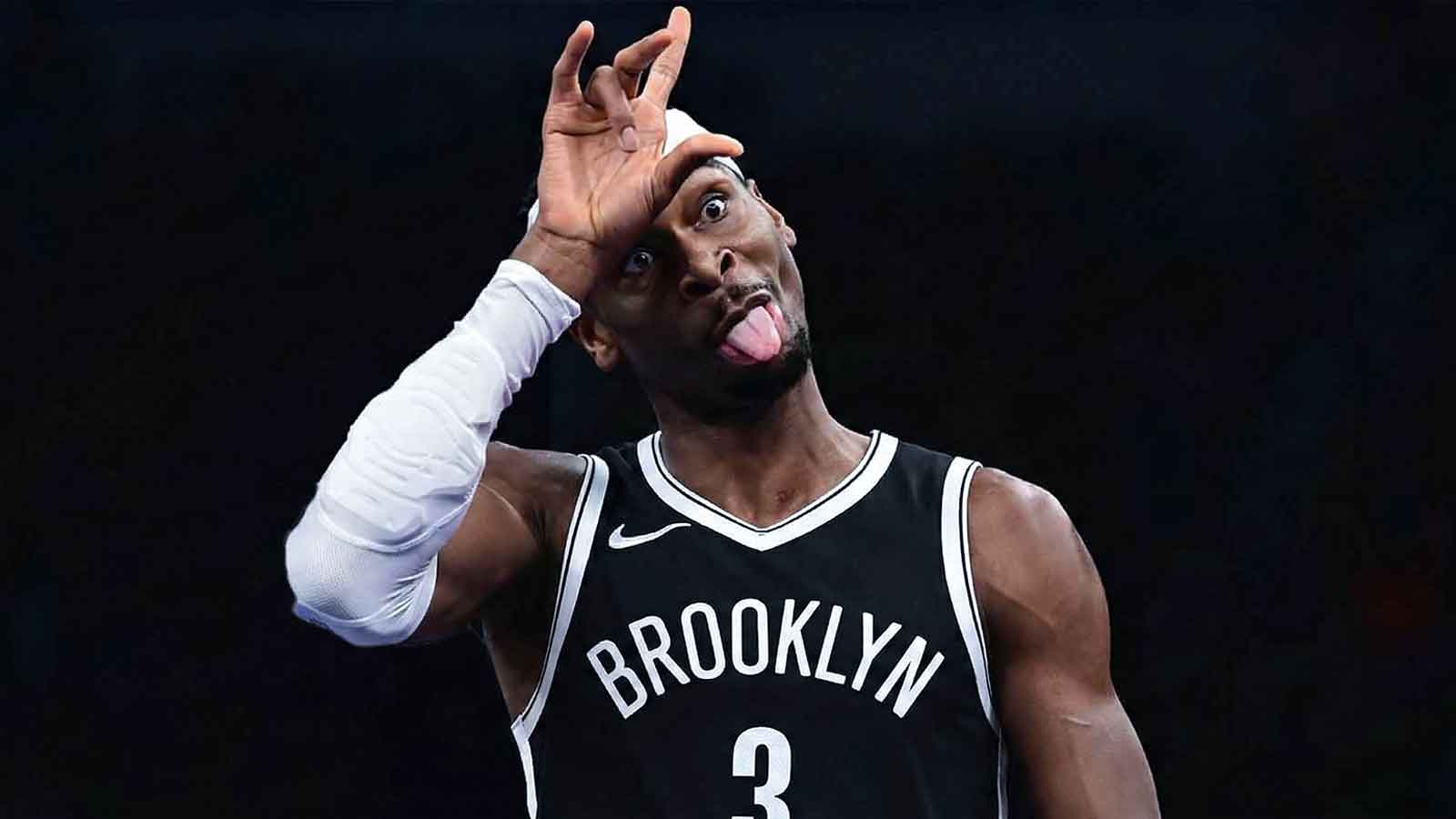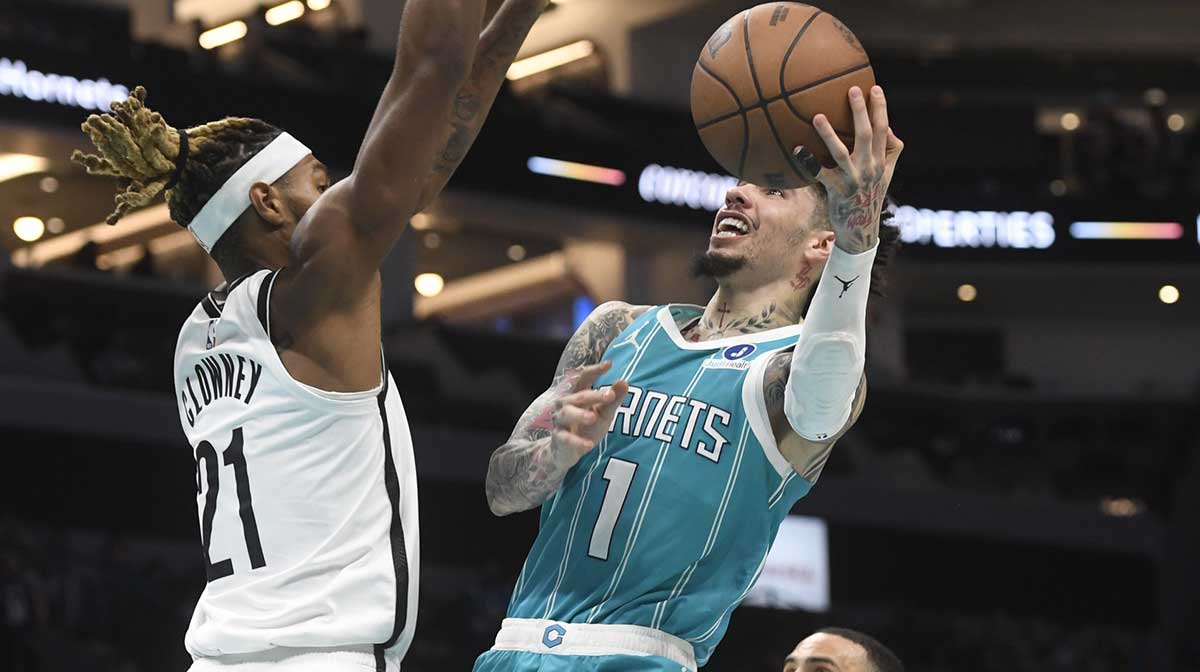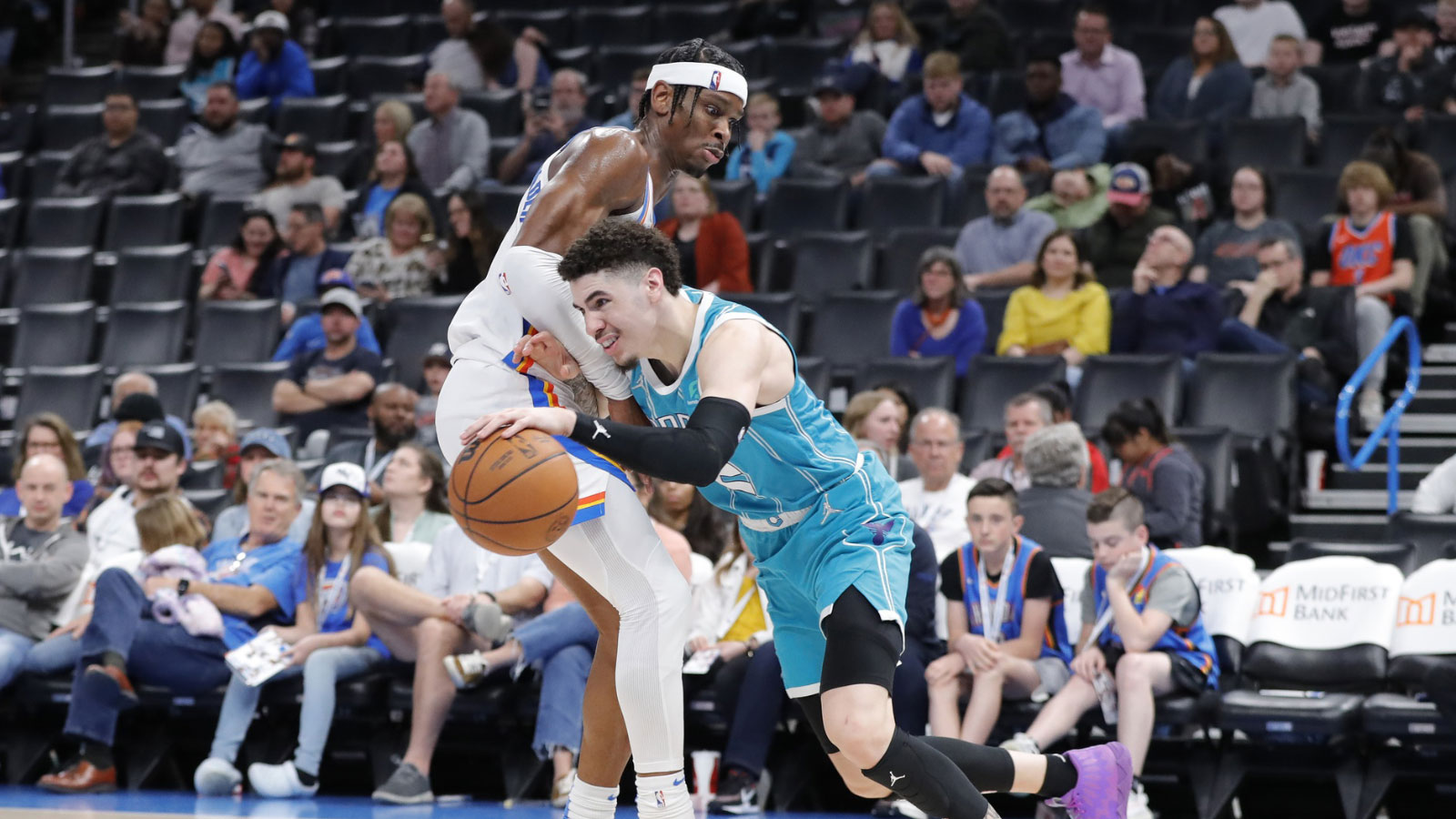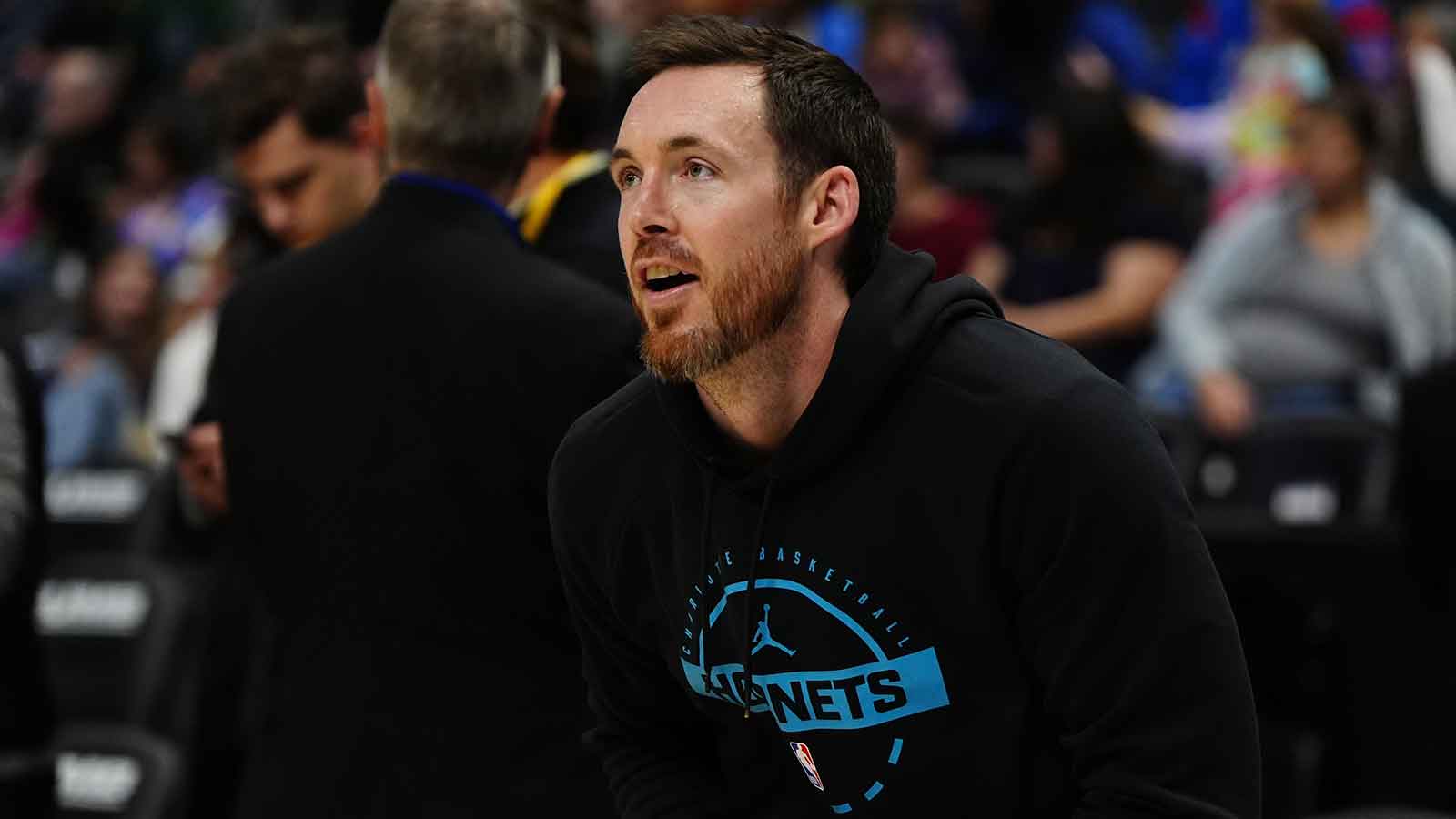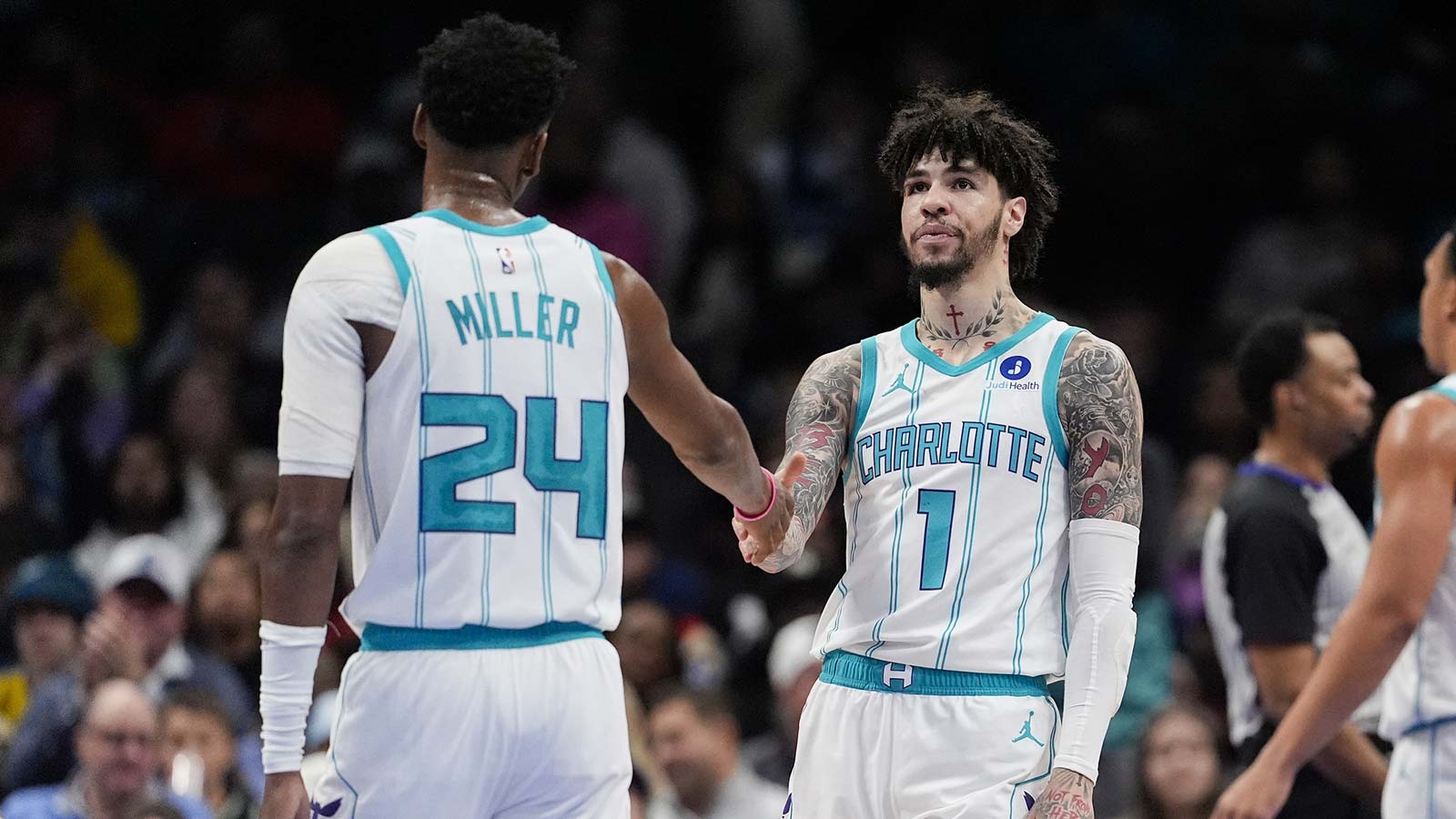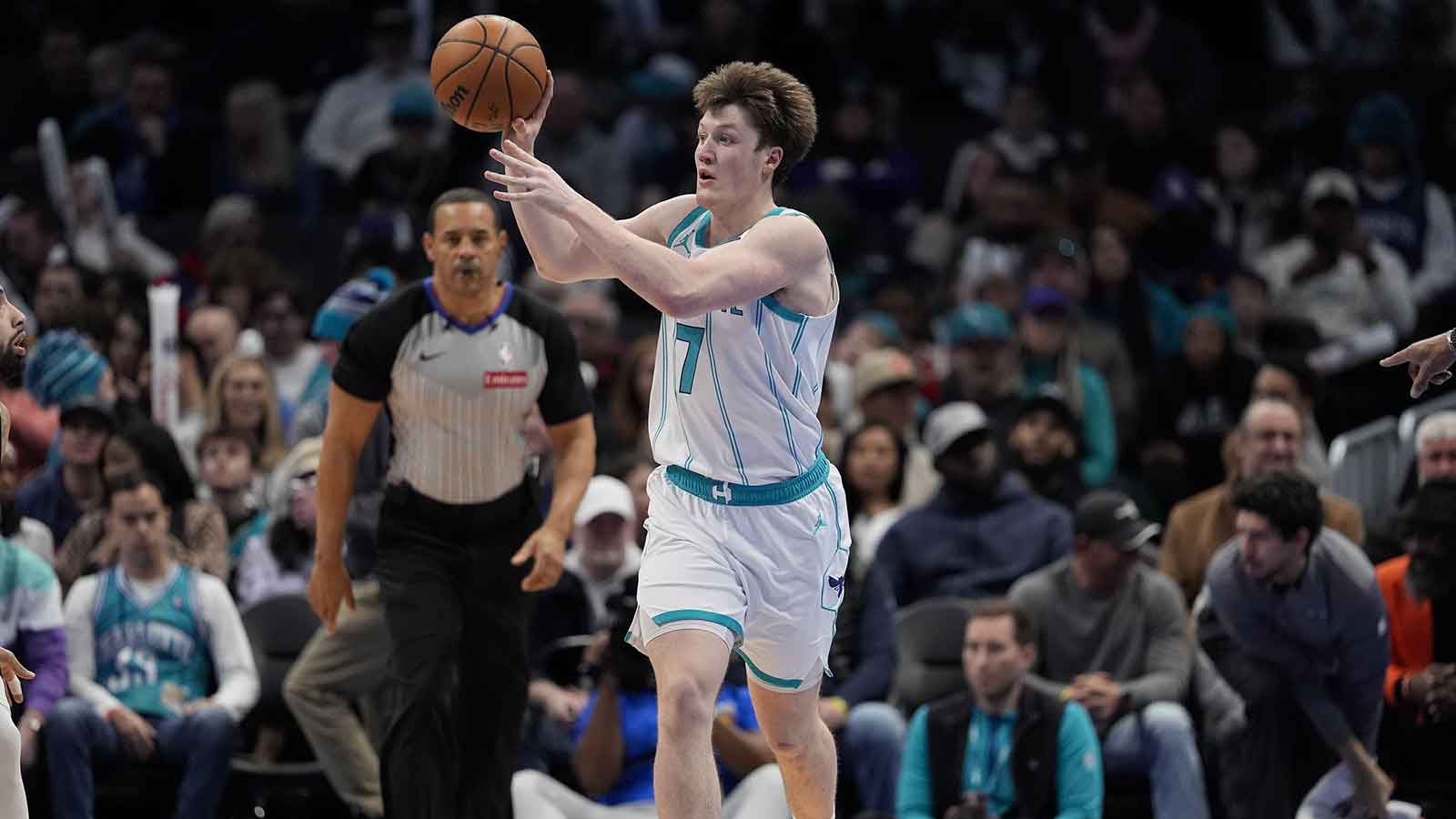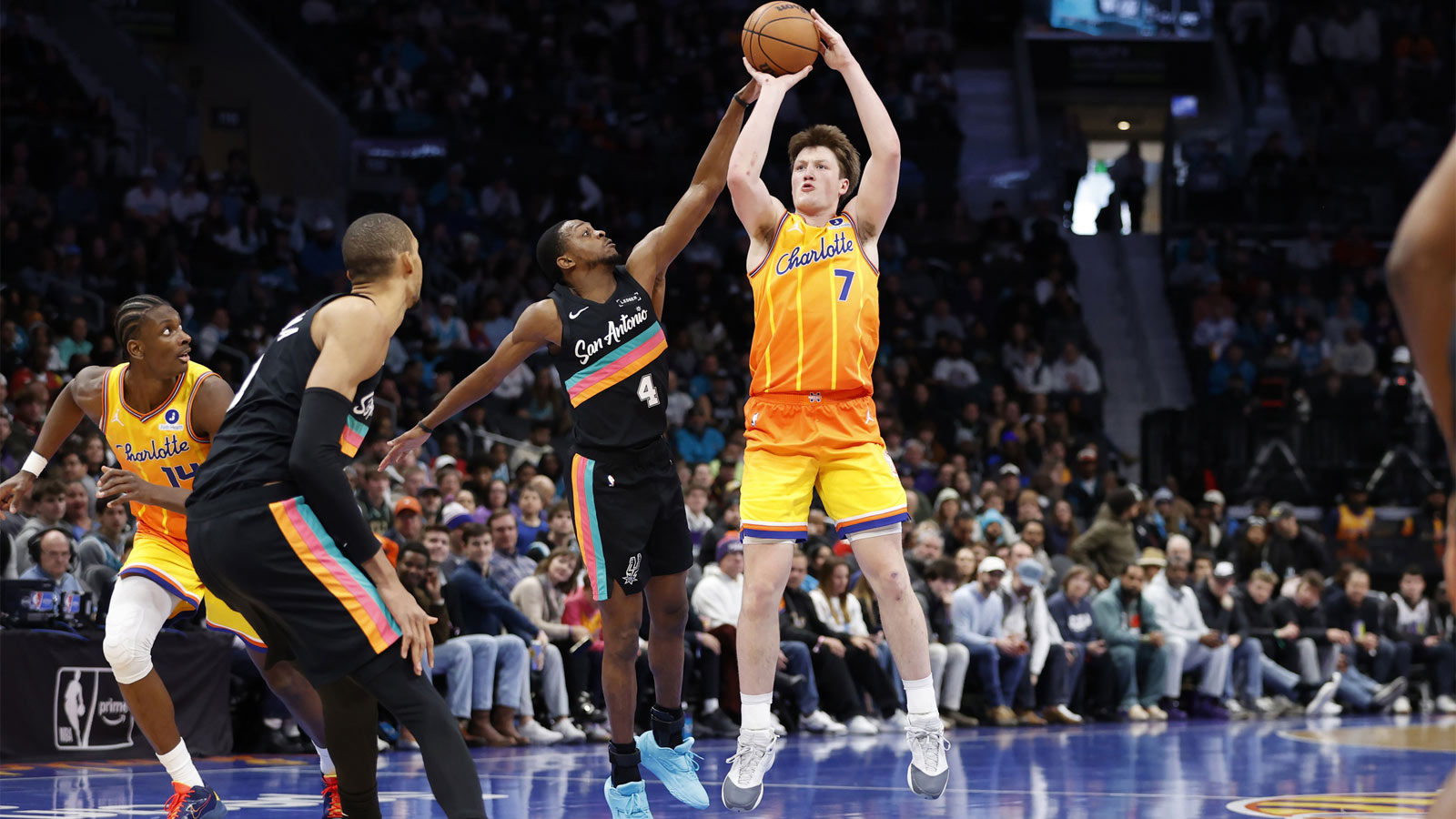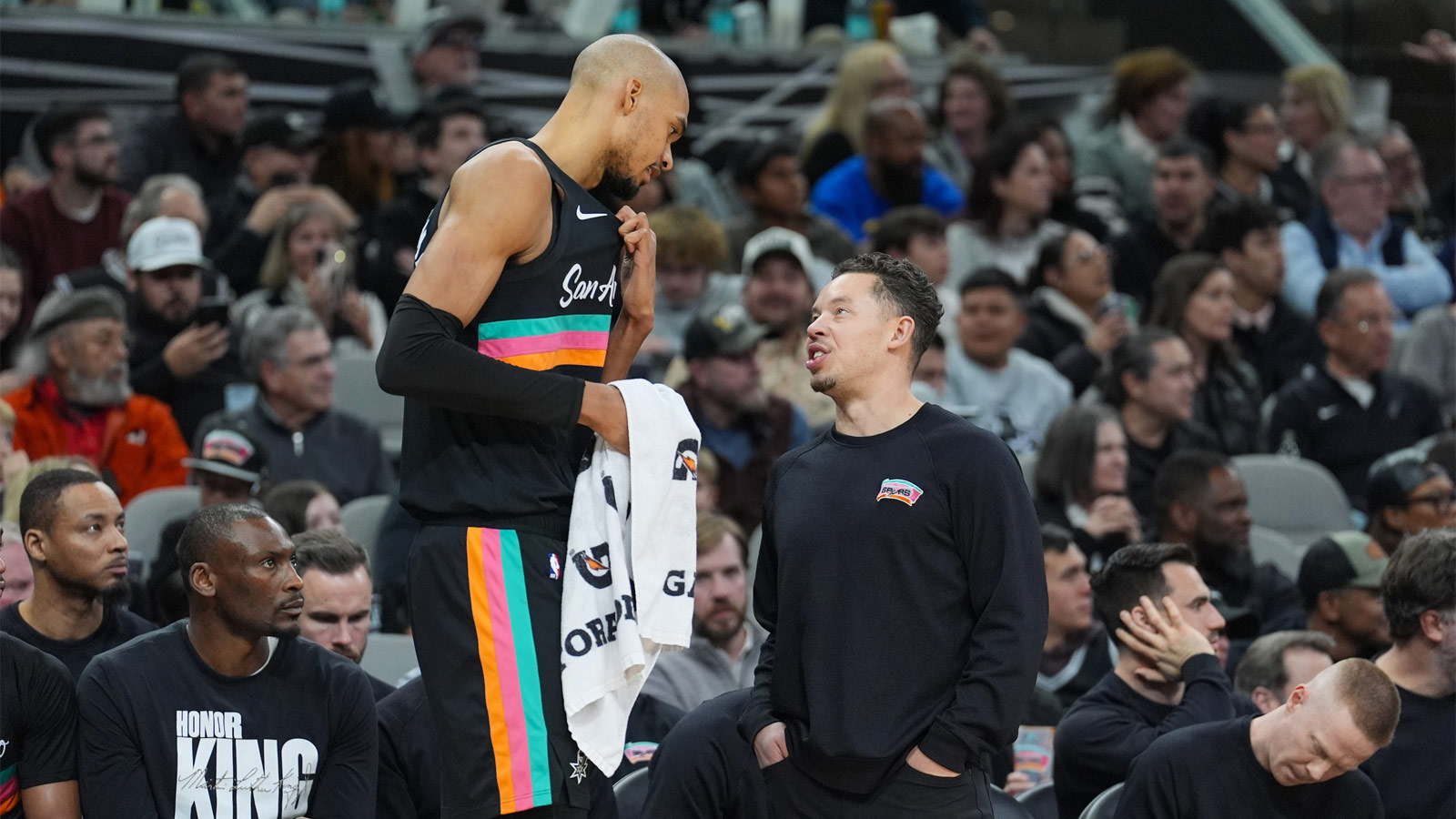The Charlotte Hornets acquired Terry Rozier in a sign-and-trade that sent franchise guard Kemba Walker to the Boston Celtics, marking the dawn of a new era in Charlotte.
Walker entered the league in 2011 and had spent his entire career with the Hornets organization. But when it became clear Charlotte was not willing to offer Walker the full max, or even close, he decided to take his talents to Boston.
The Hornets were able to pick up Rozier as a consolation prize of sorts, signing him to a three-year, $58 million deal.
But is Rozier really capable of filling Walker's shoes and developing into the point guard of the future for Charlotte?
Well, here is what the Hornets need to know about Rozier: he is not really a point guard. Yes, he has a point guard's frame at 6-foot-1, but he is really a shooting guard in a point guard's body, much like Reggie Jackson.
Rozier doesn't turn the ball over, which is good, but part of the reason why his turnover rate is so low is because he isn't much of a passer. He has poor floor vision, he doesn't hit the roll man on pick-and-rolls and he never even attempts to make risky passes.
Take all of that into account, and you can see why Rozier averages just 0.8 turnovers per game for his career.
Now, to be fair to Rozier, he does deserve some credit, as that is an absurdly low turnover rate regardless of his passing ability. He has a tight handle, and while he doesn't have Kyrie Irving's bag of tricks, he is able to get through the defense without losing the ball.
So that's good.
But there is a whole lot not to like about Terry Rozier.
For starters, he is not an efficient scorer. He has never cracked 40 percent from the floor throughout his four-year NBA career, and he is only an average 3-point shooter, making 35.4 percent of his triples. He also does not get to the free-throw line, owning a lifetime average of 1.2 free-throw attempts per game. It's not like he is Ray Allen at the stripe, either, as he is a career 77.7 percent free-throw shooter.
Rozier also does not have the greatest shot selection, sometimes taking ill-advised 3s early in the clock or jacking up perimeter jumpers instead of setting up the offense.
Defensively, Rozier is a mixed bag. He certainly has the strength and the toughness to hold his own and is great at getting around screens, but he also misses rotations and sometimes gets burned by quicker guards, as Rozier's feet occasionally get stuck in the mud, which seems to be a result of laziness rather than poor footspeed.
When Rozier locks in, he is actually a pretty good defensive player, but those moments are few and far between.
Really, outside of his 2018 playoff run where he put himself on the map, Rozier has been little more than a decent backup. Even during that postseason, it was really only two series, as he fell off quite a bit during the Eastern Conference Finals.
I wouldn't have had so much of a problem with the Hornets signing Rozier if they gave him, say, three years and $30 million, or even something like three years and $36 million. But nearly $20 million annually is a massive overpay, especially when they weren't willing to pay Kemba.
Perhaps Terry Rozier can flourish as a starter in Charlotte, as his best moments in Boston unquestionably came in a starting role. But starter or bench player, that doesn't change Rozier's flaws, and it's hard to imagine him suddenly erasing them in a new uniform.







